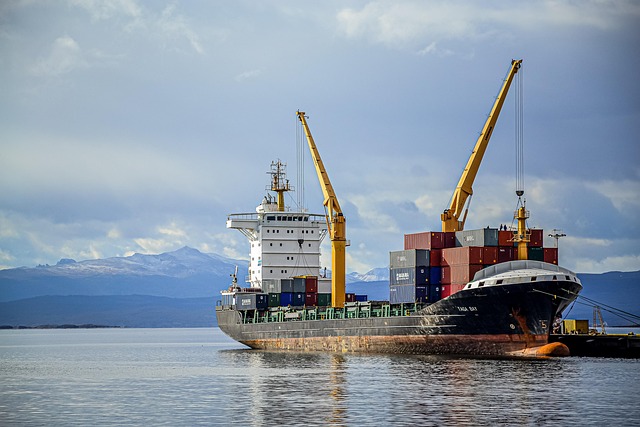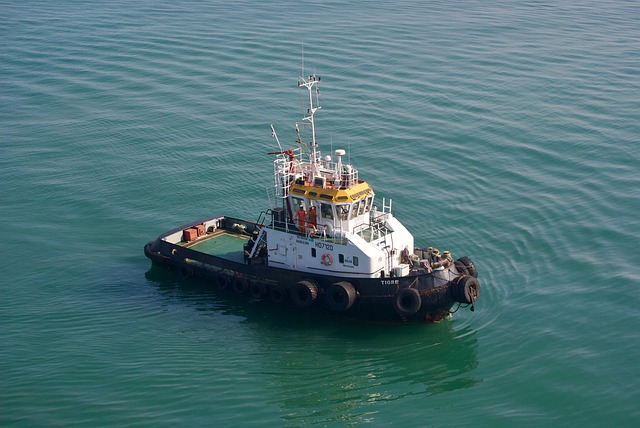Corrosion damages and shortens the lifespan of shipping containers (ISO, sea, freight) used in global trade. Innovative materials like corrosion-resistant coatings and modular designs extend container lifespans. Regular maintenance, prompt repairs, protective coatings, optimized handling, and specialized containers further enhance their durability, benefiting industries seeking cost-effective transportation solutions.
Corrosion is a silent enemy of shipping containers, causing significant damage and shortening service lives. In this article, we delve into the profound impact of corrosion on these vital transport assets and explore innovative solutions to combat it. From advanced materials and cutting-edge designs to practical maintenance strategies, we uncover ways to dramatically extend the lifespan of shipping containers, ensuring efficient global trade for years to come. Discover how these game-changing approaches are revolutionizing the industry.
- Understanding Corrosion's Impact on Shipping Containers
- Innovative Materials and Design for Durability
- Practical Solutions to Maximize Service Life
Understanding Corrosion's Impact on Shipping Containers

Corrosion is a silent yet formidable enemy for shipping containers, leading to significant structural damage and reduced service life. These resilient structures, often referred to as freight containers, intermodal containers, or sea containers, are integral to global trade, transporting cargo across land and sea. The impact of corrosion can be devastating, causing weakness in the container’s walls, floor, and roof, compromising its integrity and safety.
In the world of container shipping, understanding the threat of corrosion is key to ensuring efficient and secure transport. ISO containers, with their standardized dimensions and capacities, are susceptible to this process, especially when exposed to harsh weather conditions, salty environments, or inadequate maintenance during storage at container depots or during container leasing and rental services. Addressing corrosion proactively through innovative materials, regular inspections, and proper care can dramatically extend the life of these essential cargo containers, ensuring they remain robust and reliable for years to come in the dynamic landscape of container transport and storage.
Innovative Materials and Design for Durability

The future of shipping containers is being reshaped by innovative materials and design approaches that dramatically enhance their durability. Modern corrosion-resistant coatings and treatments are now standard across various types, including the ubiquitous ISO container, sea container, and freight container. These advanced protective layers safeguard against the relentless elements encountered during global transport, ensuring that cargo remains secure and intact for extended periods.
Beyond mere protection from corrosion, designers are incorporating modularity into the construction of intermodal containers, office containers, refrigerated containers, flat rack containers, open top containers, and high cube containers. This flexibility allows for easier customization to specific shipping needs, whether for dry goods, perishables, or specialized equipment. Such innovations not only extend the service life of these essential cargo carriers but also optimize container leasing and rental services at container depots worldwide, ultimately streamlining the global supply chain.
Practical Solutions to Maximize Service Life

Extending the service life of shipping containers is a practical necessity for many industries, especially with the ever-growing demand for efficient and cost-effective transportation solutions. To maximize the lifespan of these versatile freight containers, several strategies can be implemented. One effective method is regular maintenance, which includes inspecting for any signs of damage or corrosion and promptly repairing or replacing affected parts. Using protective coatings and treatments can also significantly hinder corrosion, ensuring that the cargo container remains in optimal condition even after prolonged exposure to harsh environments.
Additionally, optimizing container shipping and container transport processes can contribute to longer service lives. Proper stacking techniques during storage container warehousing and careful handling during loading and unloading minimize the risk of damage. Customizing container dimensions and container capacity based on specific cargo needs ensures efficient utilization, reducing the strain on various components. For instance, specialized containers like high cube containers or refrigerated containers cater to unique freight requirements while minimizing structural stress.
Corrosion-resistant shipping containers represent a significant advancement in the industry, offering extended service lives through innovative materials and design. By understanding the impact of corrosion and implementing practical solutions, these enhanced containers ensure safer, more efficient global trade. Their durability not only minimizes costs but also contributes to a more sustainable future, making them an indispensable asset for modern logistics.
